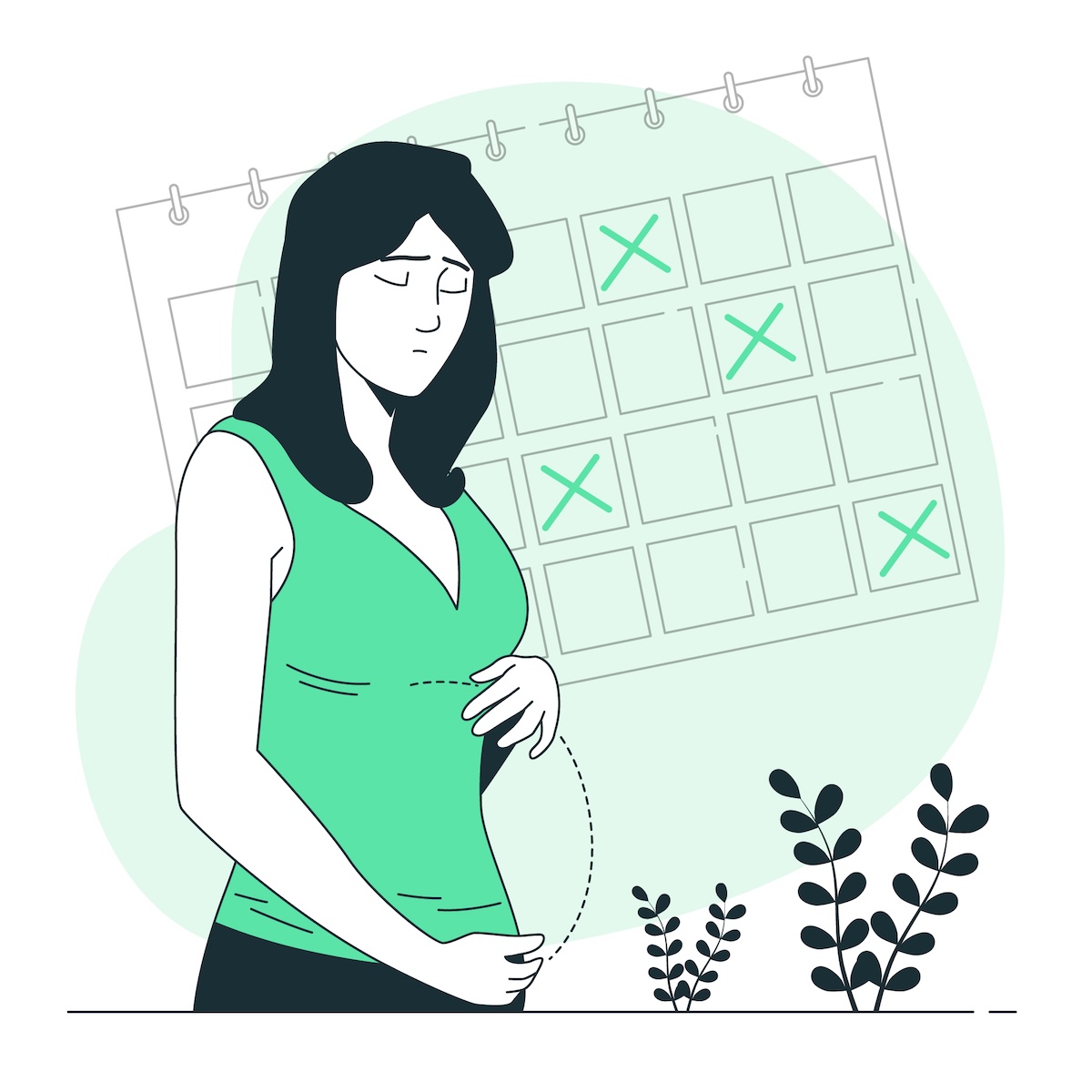Trying to get pregnant can be an emotional journey filled with both hope and stress. While many factors affect fertility—like age, hormones, and health—your diet can also play a role. What you eat may help balance hormones, support ovulation, and improve your overall health, which could increase your chances of getting pregnant.

Eating healthy doesn’t mean following a strict or complicated plan. Small changes, like adding more nutrients or swapping out certain foods, can make a difference. Below are seven foods that are often linked to improved fertility in women and may support your body when trying to conceive.
1. Leafy Greens Help With Hormone Balance
Spinach, kale, arugula, and other leafy greens are packed with folate, iron, and calcium—all of which are important for reproductive health. Folate, a B-vitamin, helps regulate ovulation and supports healthy cell growth. It also helps prepare your body for a healthy pregnancy even before you conceive.
Leafy greens also contain antioxidants that help protect your cells from damage. Since hormone balance plays a big part in fertility, the nutrients in greens can help support regular cycles and egg health. Try adding a handful of spinach to smoothies or mixing kale into soups and salads for an easy boost.
2. Whole Grains Support Steady Blood Sugar
Whole grains like brown rice, quinoa, oats, and whole wheat contain complex carbohydrates and fiber. These help regulate blood sugar levels and keep insulin in check, which is especially helpful for people with conditions like PCOS (polycystic ovary syndrome) that can affect ovulation.
Simple carbs like white bread and sugary snacks can cause spikes in insulin, which may interfere with hormone balance. Choosing whole grains helps support steady energy and may improve fertility by keeping your hormones on track. Switching from white rice to quinoa or choosing oatmeal for breakfast are small steps that can have long-term benefits.
3. Fatty Fish Provides Key Omega-3s
Salmon, sardines, and mackerel are rich in omega-3 fatty acids, which are healthy fats that support hormone production and reduce inflammation. Omega-3s may also improve blood flow to the reproductive organs and help regulate menstrual cycles.
If you’re not a fan of fish, plant-based options like chia seeds, flaxseeds, and walnuts also contain omega-3s, although in smaller amounts. Aim to eat fatty fish two to three times per week, but make sure to choose low-mercury options. Mercury can harm fertility, so skip high-mercury fish like swordfish or king mackerel.
4. Full-Fat Dairy May Help With Ovulation
Some research suggests that full-fat dairy products, like whole milk, yogurt, or cheese, may support ovulation better than low-fat versions. The idea is that the full-fat versions contain hormones and nutrients that support reproductive health, while low-fat versions may affect the balance of sex hormones.
Of course, this doesn’t mean eating lots of cheese or ice cream every day. But adding a serving of full-fat yogurt or milk to your diet may support fertility, especially if you enjoy dairy. Just watch your portions and focus on balance.
5. Eggs Are A Powerhouse Of Nutrients
Eggs are one of the most nutrient-rich foods you can eat. They contain protein, healthy fats, vitamin D, choline, and B vitamins, all of which are important for fertility. Choline, in particular, supports fetal brain development and may improve the quality of eggs before conception.
Vitamin D is also linked to better fertility outcomes in some women. Since many people don’t get enough vitamin D from sunlight alone, eggs can be a helpful source. Including eggs in your breakfast or as a snack can be a simple and filling way to add these nutrients to your routine.
6. Beans And Lentils Offer Plant-Based Protein
Beans, lentils, and chickpeas are great sources of plant-based protein, iron, fiber, and folate. They help support regular ovulation and provide steady energy throughout the day. Plant proteins have also been linked to better fertility in some studies, especially when they replace animal proteins high in saturated fat.
Adding more legumes to your meals doesn’t mean going vegetarian. You can mix beans into salads, soups, or grain bowls to add variety and nutrition. They’re also budget-friendly and easy to store, making them a great option for meal planning.
7. Berries Bring Antioxidants To The Table
Blueberries, strawberries, raspberries, and other colorful berries are packed with antioxidants, vitamins, and fiber. Antioxidants help reduce inflammation and protect your reproductive cells from damage caused by free radicals, which are unstable molecules in the body.
While berries won’t guarantee pregnancy, they’re a delicious and easy way to support your overall health. Try adding them to yogurt, oatmeal, or smoothies. Their natural sweetness also makes them a good substitute for sugary snacks or desserts.
Putting It All Together
Eating for fertility doesn’t have to be overwhelming. The goal is to nourish your body with a variety of healthy, nutrient-rich foods that support hormone balance and overall wellness. These seven foods—leafy greens, whole grains, fatty fish, full-fat dairy, eggs, legumes, and berries—are all great places to start.
It’s also important to drink plenty of water, limit caffeine and alcohol, and reduce processed foods when possible. While food is not a magic solution, making healthy choices can support your body and create a strong foundation for pregnancy.
If you’ve been trying to conceive for a while without success, it’s a good idea to speak with a doctor or fertility specialist. They can help identify any underlying issues and guide you toward the best plan for your personal needs.
By taking care of your body and making small, mindful changes to your diet, you’re giving yourself the best possible chance for a healthy pregnancy journey.

